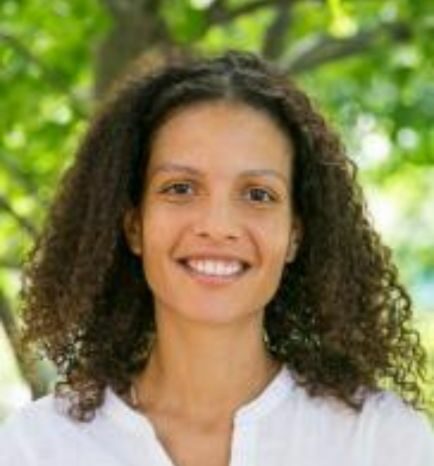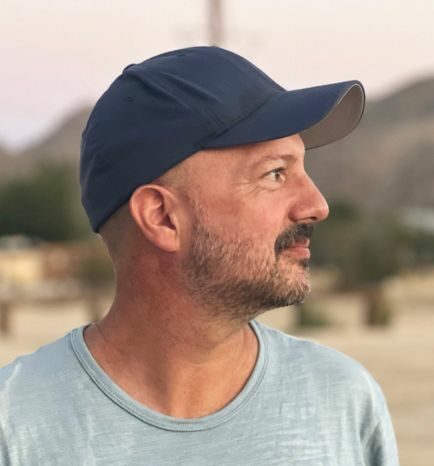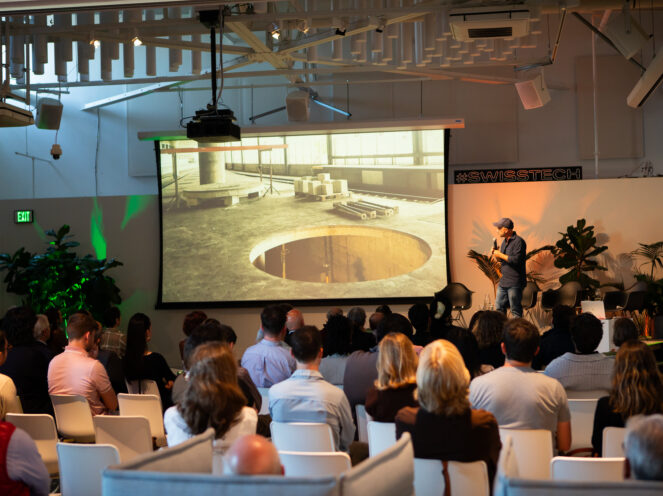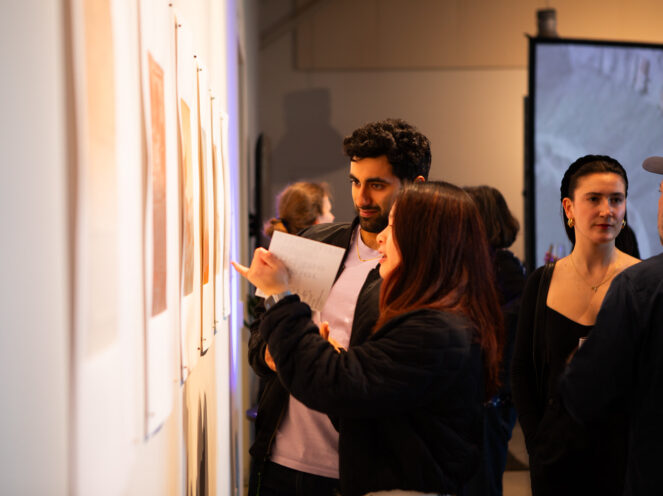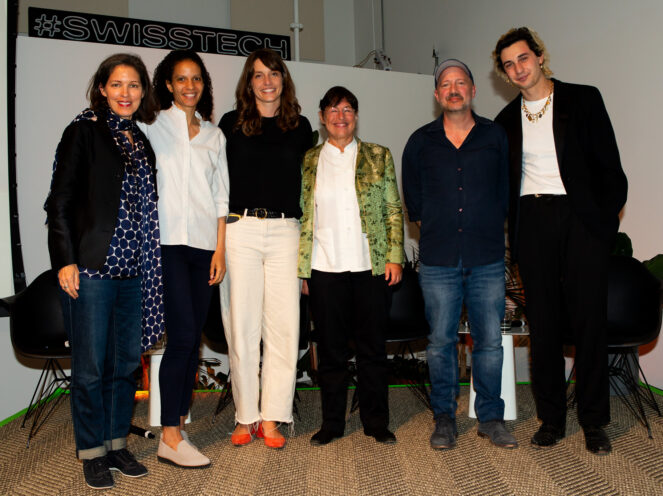
Join Us
What makes an environment extreme? Why do humans live and look for it? How do they adapt collectively?
Séverin Guelpa led the collective MATZA through a 10-year-long journey through the desert (Mojave), the glacier (Aletsch), and the “superstructure” (a construction site in Geneva).
Their exploration is rooted in a desire to reconsider ways of living together, reflecting the aspirations of a society in profound transformation. The definition of extreme conditions, the challenges, the solutions, and the psychological mindset of people have been the center of the artwork.
Challenging ourselves, we unite this with the most extreme environment known to humanity as scientists devise mechanisms to confront the conditions encountered by astronauts in space.
On the occasion of the publication of the book that encapsulated these experiences, Séverin Guelpa and Anja Wyden Guelpa will present their art and thoughts through an art installation followed by a panel discussion with NASA scientist Lynn J. Rothschild and anthropologist Sarah E. Vaughn.
Speakers
-
![]()
Bio
Lynn J. Rothschild
Senior Scientist, NASA Ames Research CenterDr. Lynn Rothschild is passionate about the origin and evolution of life on Earth or elsewhere, while at the same time pioneering the use of synthetic biology to enable space exploration. Just as travel abroad permits new insights into home, so too the search for life elsewhere allows a more mature scientific, philosophical and ethical perception of life on Earth. She wears several hats as a senior scientist NASA’s Ames Research Center and Bio and Bio-Inspired Technologies, Research and Technology Lead for NASA Headquarters Space Technology Mission Directorate, as well as Adjunct Professor at Brown University, and the University of California Santa Cruz. Her research has focused on how life, particularly microbes, has evolved in the context of the physical environment, both here and potentially elsewhere. She founded and ran the first three Astrobiology Science Conferences (AbSciCon), was the founding co-editor of the International Journal of Astrobiology, and is the former director of the Astrobiology Strategic Analysis and Support Office for NASA. Astrobiology research includes examining a protein-based scenario for the origin of life, hunting for the most radiation-resistant organisms, and determining signatures for life on extrasolar planets. More recently Rothschild has brought her creativity to the burgeoning field of synthetic biology, articulating a vision for the future of synthetic biology as an enabling technology for NASA’s missions, including human space exploration and astrobiology. Since 2011 she has been the faculty advisor of the award-winning Stanford-Brown iGEM team, which has pioneered the use of synthetic biology to accomplish NASA’s missions, particularly focusing on the human settlement of Mars, astrobiology and such innovative technologies as BioWires and making a biodegradable UAS (drone) and a bioballoon. Her lab will be move these plans into space in the form of the PowerCell synthetic biology secondary payload on a DLR satellite, EuCROPIS, scheduled to launch in July 2017. She is a fellow of the Linnean Society of London, The California Academy of Sciences and the Explorer’s Club. In 2015, she was awarded the Isaac Asimov Award from the American Humanist Association, and was the recipient of the Horace Mann Award from Brown University, and has been a NASA Innovative Advanced Concepts (NIAC) fellow three times, most recently in 2018. She frequently appears on documentaries, tv and radio, and lectures worldwide, including Windsor Castle, Comi Con and the Vatican.
-
![]()
Bio
Sarah E. Vaughn
Associate Professor of Anthropology at UC BerkeleySarah E. Vaughn is an Associate Professor of Anthropology working at the intersection of environmental anthropology, critical social theory, and science and technology studies. She received a B.A. from Cornell University and a Ph.D. from Columbia University. Vaughn’s research agenda entails developing an ethnographic approach and critical social theory of climate adaptation. Over the past decade she has conducted archival research and ethnographic fieldwork of experts and ordinary citizens implementing climate adaptation projects throughout the circum-Caribbean. She is particularly interested in the way climate adaptation addresses the politics of potentiality in cultures of engineering, wetlands and coastal-scapes, and historical narratives of settlement. These themes are explored in her recent book Engineering Vulnerability: In Pursuit of Climate Adaptation (Duke University Press, 2022).
-
![]()
Bio
Séverin Guelpa
Artist / Art Director at MATZAproductionSéverin Guelpa is a visual artist whose sculptures and installations combine construction techniques, raw materials, sound and video to highlight issues of identity, culture and emancipation. He holds a B.A. in political science and an M.A. in art from HEAD-Geneva. Séverin Guelpa founded MATZA in 2014, with whom he directs artistic projects and exhibitions around the world, from Alpine glaciers to American deserts.
Program
April 11, 2024
- 5:30pm – Doors Open
- 6:00pm – Welcome by Swissnex
- 6:05pm – Artwork Presentation by Séverin Guelpa
- 6:15pm – Second Presentation
- 6:35pm – Panel Discussion
- 7:15pm – Q&A
- 7:25pm – Networking reception
- 9:00pm – Event ends
iCal / Outlook
Event start time
-
San Francisco
5:30PM

